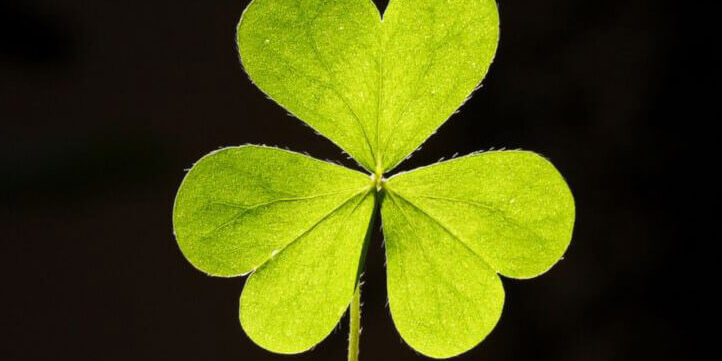Gravesites are often adorned with symbols and decorations, each holding its own unique meaning and history. One such symbol you might stumble upon is the humble clover. But what do clovers mean on a grave? Let’s dig into this and uncover the story behind clovers on graves.
Hey there! Ever wandered through an old cemetery and noticed the little details on the gravestones? Among the angels, crosses, and intricate carvings, you might spot a clover. Yep, that simple little plant has a lot to say. Let’s explore why clovers show up on graves and what they symbolize.
Cultural and Historical Significance of Clovers
Clovers have been around for ages, and they’ve gathered quite a bit of meaning over the centuries. They’re not just lucky charms in your front yard or symbols on your favorite Irish pub sign. These little green plants have roots (literally and figuratively) that stretch back through history.
Symbolism in Different Cultures
In many cultures, clovers are seen as symbols of good fortune, protection, and prosperity. The three-leaf clover, or shamrock, is famously associated with Ireland and St. Patrick’s Day, symbolizing the Holy Trinity. But when it comes to graves, there’s a bit more to the story.
Religious Meanings of Clovers on Graves
Clovers often carry religious connotations. In Christian contexts, the three leaves can represent the Father, the Son, and the Holy Spirit. Placing a clover on a grave might be a way to honor the deceased’s faith and hope for their eternal peace.
Clovers as Symbols of Remembrance and Peace
Beyond religious meanings, clovers can symbolize remembrance. Just like how we might leave flowers at a grave, clovers can be a way to say, “I remember you and hope you’re at peace.” They’re also associated with tranquility and eternal rest, fitting sentiments for a final resting place.
The Luck Factor: Why Clovers Are Considered Lucky
You’ve probably heard about the luck of the four-leaf clover. Finding one is rare, and it’s said to bring good fortune. While you might not find a four-leaf clover on a grave, the idea of luck and protection carries over. It’s a wish for the departed to be safeguarded and blessed in the afterlife.

clovers on a grave
Clovers in Literature and Folklore
Clovers pop up in stories and myths too. They’re often portrayed as magical or otherworldly, connecting the earthly realm with the divine or mystical. This makes them a fitting symbol for graves, which are themselves liminal spaces between life and death.
Modern Interpretations and Trends
These days, you might see clovers on graves as part of a broader trend toward personalized memorials. People are looking for unique ways to honor their loved ones, and clovers offer a simple yet meaningful touch.
Clovers in Art and Memorial Design
In addition to being placed physically on graves, clovers are sometimes incorporated into the design of headstones and memorials. They can be carved into the stone or included in artwork, adding a touch of nature and symbolism to the site.
How to Interpret Clovers on a Grave
So, when you see a clover on a grave, what should you think? It’s a nod to the departed’s heritage, beliefs, or the wishes of those they left behind. It’s a small but powerful symbol of life, luck, and everlasting peace.
FAQs
Do clovers on graves always mean the same thing?
Not necessarily. While they often symbolize luck, peace, and remembrance, their exact meaning can vary based on cultural and personal contexts.
Are four-leaf clovers more significant than three-leaf clovers on graves?
Four-leaf clovers are rarer and traditionally seen as luckier, but both can be meaningful. Three-leaf clovers might have stronger religious connotations.
Can I place a clover on a grave myself?
Absolutely. It’s a lovely gesture that can signify your wishes for peace, luck, and remembrance for the deceased.
Is there a difference between shamrocks and clovers?
A shamrock is a type of clover, specifically a three-leaf variety that’s associated with Ireland and St. Patrick’s Day.
Why are clovers associated with Ireland?
Clovers, particularly shamrocks, are tied to Ireland’s history and folklore. St. Patrick used the shamrock to explain the Holy Trinity, cementing its place in Irish culture.
Can clovers grow on graves naturally?
Yes, clovers are hardy plants that can grow in a variety of conditions, including cemeteries. Their presence can sometimes be natural, not just symbolic.
Next time you’re strolling through a cemetery and spot a clover, you’ll know there’s more to it than meets the eye. These little green plants are packed with meaning, from luck and protection to faith and remembrance. It’s a beautiful reminder of the connections between life, death, and the symbols we cherish. So, the next time you see a clover, take a moment to appreciate its simple yet profound presence.







